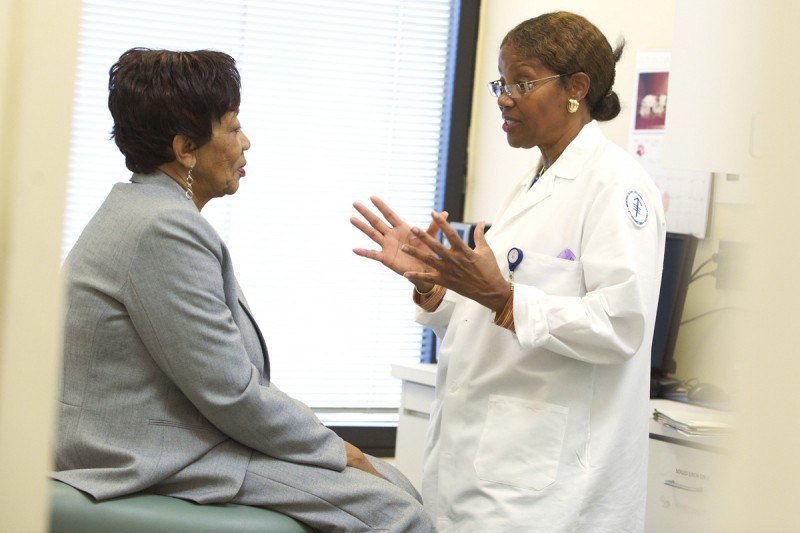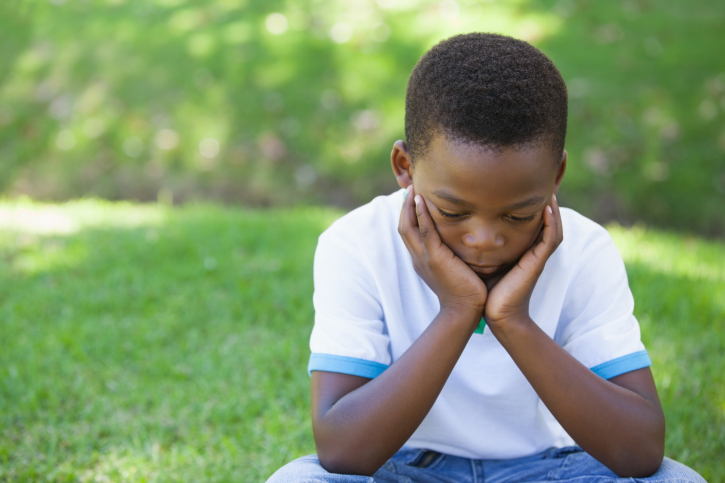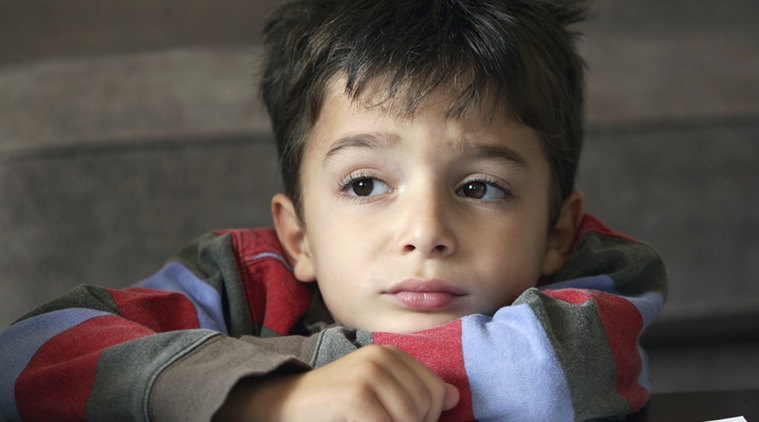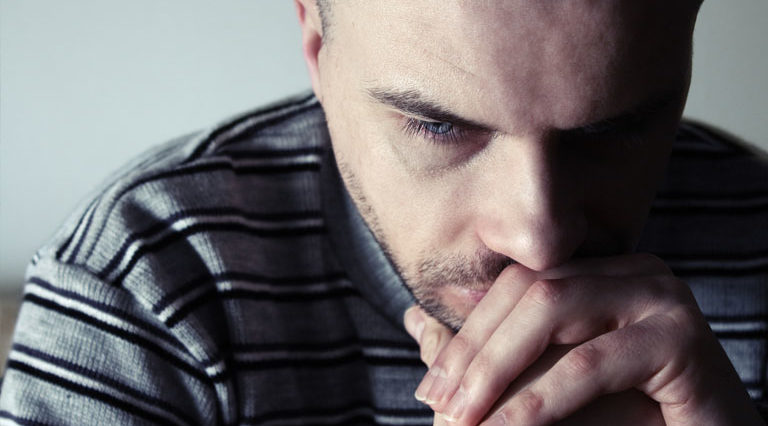
New Claims

There was a recent study done by Dr. Sit and colleagues which shows that light therapy could perhaps be a potential treatment for those who have bipolar depression. Replacing a low placebo light, being exposed every day to bright lights during midday can help in lessening the symptoms of depression. It can also help them function better, the study claims.
Disruptive Mood Dysregulation Disorder

Shouting and temper tantrums are usually the key signs that a person has a disruptive mood dysregulation disorder (DMDD),. This is a kind of depression that has been witnessed in children who have a hard time regulating their emotions. Some other signs are irritable or angry mood majority of the time every day and trouble with peers in school, at home, or anywhere.
The Treatment

“These are the kids with strong emotional outbursts,” Dr. Noble suggests, “They’re just not able to contain their emotions,” so they “act out and act on” their feelings”. Right now, DMDD is treated with the help of medications, psychotherapy, and the parents are trained on ways to effectively handle their child’s irritable behavior.
Postpartum (or Perinatal) Depression

Even though the birth of a newborn is a blessing, it leaves some people to experience postpartum depression (PPD). This type of depression is seen on one in four women and one in eight men. In women, postpartum depression usually occurs due to the shifts in hormones, fatigue, and other factors. In men, the reason is environmental like the shifting of roles and lifestyle changes that parenting summons.
The Symptoms

Postpartum depression usually occurs during the first year following a child’s birth. It can happen any time but mostly takes place during the time of the baby’s arrival. The people affected usually show sadness, anxiety, and exhaustion that ends up overwhelming to the point where it disrupts their daily well-being. It can lead to urges like hurting yourself or your baby.
Not Baby Blues

We all know about “baby blues”. They are usually very mild, short-lived, and extremely common condition which results in anxiety and depressive symptoms which occurs during the wake of a baby’s birth. PPD mostly calls for the treatment where victims use antidepressants and/or talk therapy.
